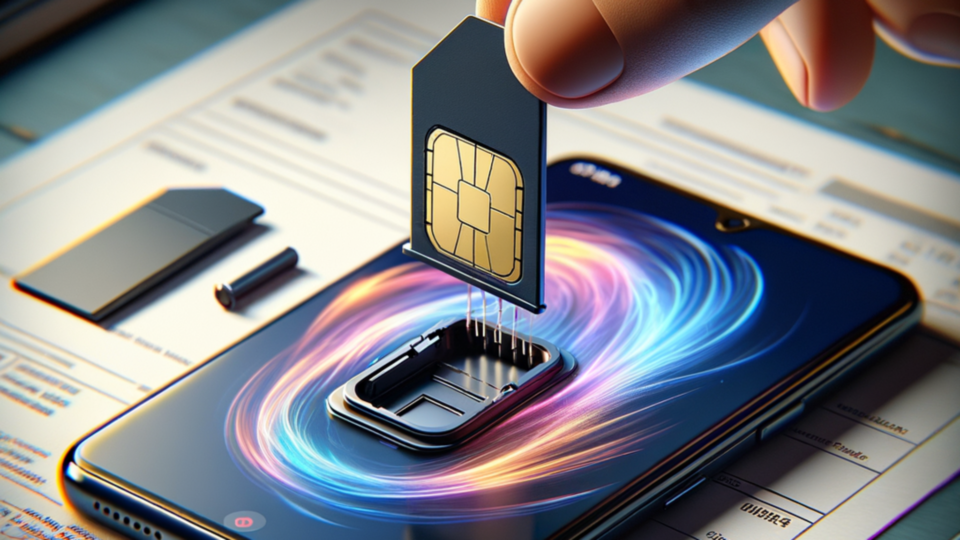
Do you have damaged notes that you wish to get exchanged? If yes, then this article is for as we will look at the Reserve Bank of India Rules and Regulations to exchange damaged notes for fresh ones.

For those who didn’t know, the RBI offers a facility that lets you exchange damaged notes which is called TLR Cover. It is expanded as Triple Lock Receptacle and we will look at all the rules and regulations related to the topic in this article.
RBI Rules and Regulations for Exchanging Damaged Notes:
There is a defined set of rules which guide the RBI to exchange the notes for fresh ones. The purpose of these rules is to ensure that the government is not tricked with fake or false currency. As a responsible citizen, you should respect these rules and to save you from the confusion, I am listing down all the rules and regulations followed during the damaged notes exchanging process.
- RBI termed soiled notes to the ones which are cut in halves, have stains or are ruined with cuts or dirt. The dirty ones can always be replaced with the fresh ones but the pieces would have to go through the note’s number panel. In case of failure, you won’t be able to replace them.
- Then there are mutilated notes which are missing some of the necessary compounds which includes everything printed on the note. Such notes can be easily exchanged but the exchange value depends on the Note Refund Rules of the RBI.
- The RBI does not accept fragile notes which are severely damaged, burned, charred or glued up together.
- If the number of soiled notes is more than 20 or exceeds the worth of Rs. 5,000, then the RBI can impose a service charge according to the RBI regulations.
- If your notes are cut in 5 pieces, you can get an exchange value at the bank branch counter.
- If the amount of the currency exceeds the worth of Rs. 5,000, then the issuer’s bank account information should also be available.
Conclusion
In this article, we learnt about the RBI, Reserve Bank of India’s Rules and Regulations imposed on exchanging damaged notes for the fresh ones. If you have such notes which you think you should get exchanged at the bank, make sure to read these mentioned rules so that you have no confusion during the process.
Share this article with people who need to get their notes exchanged.
Also Read:
What Is RBI’s Digital Rupee?, Here Are The 10 Points About The Pilot Launch



